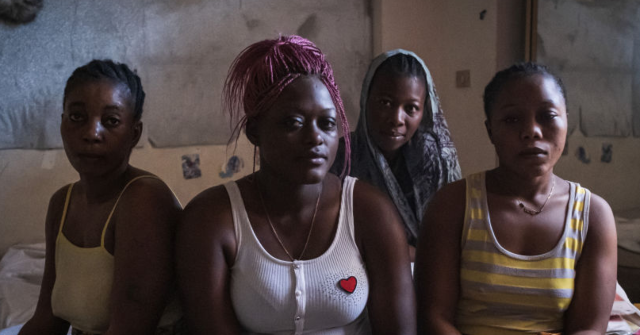Saudi Arabia has officially ended its “kafala” system of rules for migrant labor, a system that effectively turned some 13 million migrants into indentured servants and gave their employers total control over their lives.
Kafala is an Arabic word that means “sponsorship.” The system was created in the 1950s as a means of importing, and controlling, low-cost migrant labor during the Saudi oil boom.
Under kafala, every migrant worker is assigned to a local sponsor or “kafeel,” who would manage all aspects of the worker’s life in Saudi Arabia.
The kafala system was never anything more than a scheme for indentured servitude and borderline slavery. The kafeel “sponsors” controlled everything from workers’ employment and salary to their legal status and living conditions.
Changing jobs was impossible without permission from the kafeel, who could punish troublesome workers by seizing their wages, or even their passports. Some migrants were immediately kicked out of Saudi Arabia for displeasing their employer-owners, while others found themselves unable to leave the country to return home.
Domestic workers were often the most abused under the kafala system, as their employers treated them like household pets, sometimes abusing them physically and sexually. Domestics had few legal rights and were terrified of facing repercussions if they reported abuse by their owner-employers.
Saudi Arabia has a gigantic number of migrant workers — currently about 13.4 million, which makes them almost 42 percent of the population — with many of them drawn from impoverished communities in India, Bangladesh, Nepal, and the Philippines.
A growing chorus of condemnation from international labor and human rights groups prompted Saudi Crown Prince Mohammed bin Salman (MBS) to include the abolition of kafala in his Saudi Vision 2030 reform plan, which was intended to transition the kingdom away from complete dependency on the petroleum industry.
A key element of the MBS plan was reforming Saudi policies in various ways to make the country more appealing to foreign investors. Forced labor is something that most of Saudi Arabia’s investment partners disapprove of, with a few notable exceptions.
The Saudi government announced reforms to the kafala system in June which were implemented this week. Migrants will now work under more reasonable employment contracts that give them more control over their circumstances, including the freedom to change jobs and leave the country without seeking permission from their employers, and they will have a much better process for filing complaints with labor courts.
Human rights groups were cautiously optimistic about the reforms, although they pointed out that the kafala reforms do not yet apply to all workers, they do not address abusive labor recruiting practices, and more reforms are needed to protect domestic workers, the most vulnerable of Saudi Arabia’s migrants.
“Changing the law is the first step. Changing the reality on the ground will take much longer,” said Human Rights Watch (HRW).
Read the full article here
